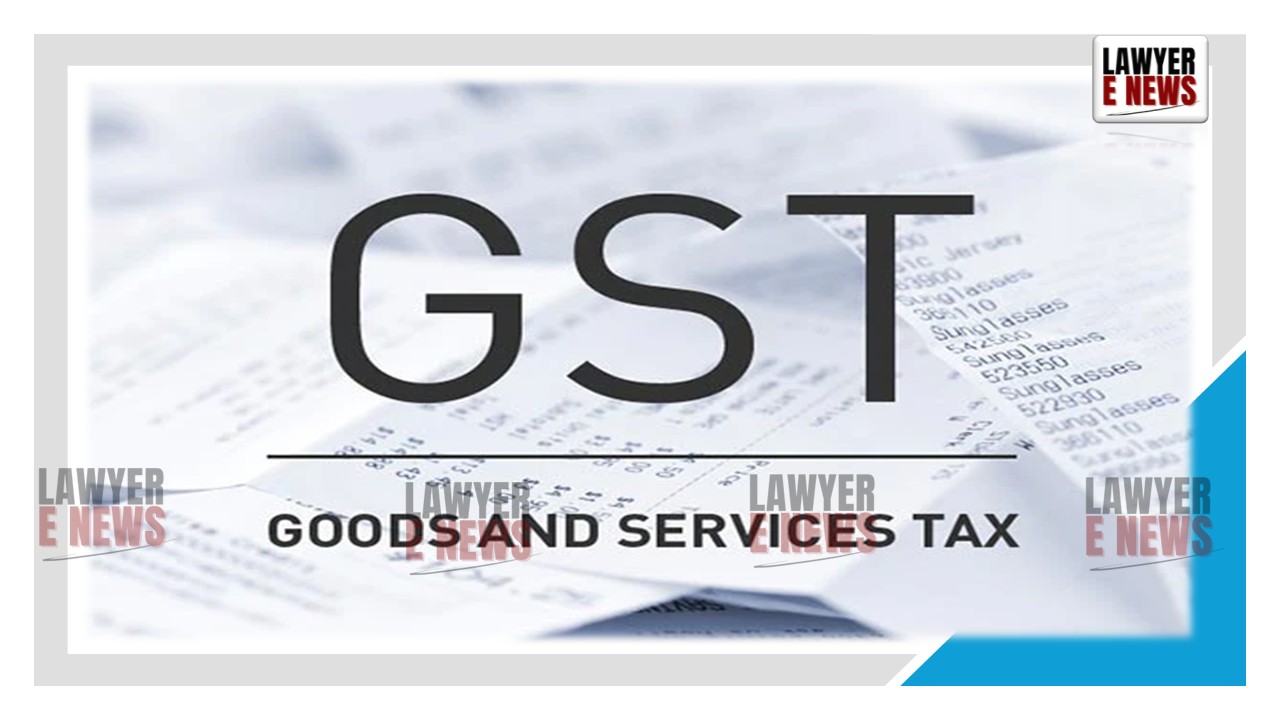-
by Admin
15 February 2026 5:35 AM



Administrative orders must reflect coherence, reasonableness, and adherence to statutory provisions. Contradictions undermine the integrity of decision-making: Kerala High Court quashed a demand of Rs. 99.05 crore in Goods and Services Tax (GST) and an additional Rs. 4.95 crore in penalties against Kerala Infrastructure and Technology for Education (KITE). Justice Gopinath P. found significant contradictions in the adjudicating authority’s findings, leading to procedural and substantive flaws in the order. The Court directed the GST department to reconsider the matter and issue a fresh decision within three months.
KITE, a government entity responsible for implementing IT-based education initiatives in Kerala, was issued a demand for GST on transactions carried out between July 2017 and March 2021. The adjudicating authority concluded that KITE engaged in a "composite supply" of goods and services to government schools, treating these as taxable under the Central GST (CGST) Act.
KITE challenged the order, arguing that its activities did not constitute "supply" under Section 7 of the CGST Act, as no consideration was received for transferring goods procured through government grants. It also cited a notification exempting government entities from GST on such transactions.
The Court identified irreconcilable contradictions in the adjudicating authority’s findings regarding the ownership of goods supplied by KITE. Justice Gopinath P. highlighted these contradictions:
“In paragraph 48 of the adjudicating order, the petitioner is declared the owner of the goods. However, in paragraph 55, the same order concludes that ownership vests with the General Education Department. These mutually contradictory findings undermine the integrity of the order and render it unsustainable.”
The Court emphasized that the definition of "supply" under Section 7 of the CGST Act requires consideration unless specified otherwise under Schedule I. Justice Gopinath observed:
“There is no evidence in the adjudicating order to suggest that KITE received any consideration from the government, Kerala Infrastructure Investment Fund Board (KIIFB), or General Education Department. Grants provided for project implementation cannot be construed as consideration for a taxable supply.”
The Court further noted that the adjudicating authority failed to address whether the transactions fell within Schedule I of the CGST Act.
The Court criticized the adjudicating authority for dismissing KITE's claim under Notification No. 35/2017-Central Tax (Rate). The notification exempts supplies made by government entities to state or central government bodies using government grants. Justice Gopinath remarked:
“The adjudicating authority’s interpretation that funds from KIIFB do not qualify as government grants reflects a myopic reading of the notification. KIIFB is a statutory body wholly controlled by the Government of Kerala, and its disbursals must be treated as grants under the notification.”
4. Violation of Principles of Administrative Law Citing the High Court’s earlier judgment in Prodair Air Products India Pvt. Ltd. v. State of Kerala (2023), the Court underscored the importance of clarity and coherence in administrative decisions:
“Administrative decisions must demonstrate responsiveness, justification, and expertise. Contradictory and arbitrary findings violate these principles and cannot withstand judicial scrutiny.”
The Court quashed the GST demand and restored the adjudication proceedings to the file of the third respondent. It directed:
A fresh order must be issued after considering KITE’s submissions on the applicability of Section 7 and the exemption notification.
The adjudicating authority must provide a coherent and reasoned explanation for its conclusions.
The fresh decision must be issued within three months of receiving the certified copy of the judgment.
The period from the issuance of the original demand order to the issuance of the fresh decision will be excluded for limitation purposes.
This judgment underscores the judiciary’s insistence on procedural fairness and clarity in tax administration. By quashing the demand order, the Kerala High Court has reinforced the need for consistency and adherence to statutory principles in adjudicatory processes.
Date of Decision: November 22, 2024
